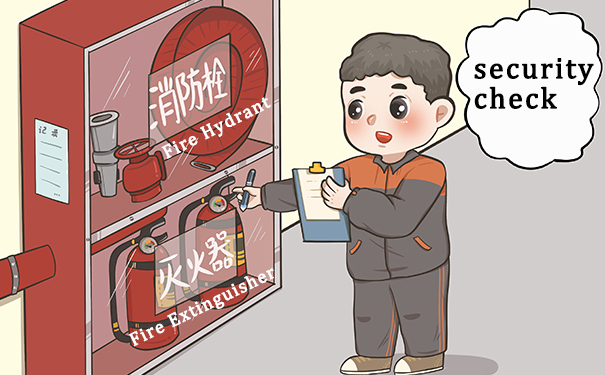
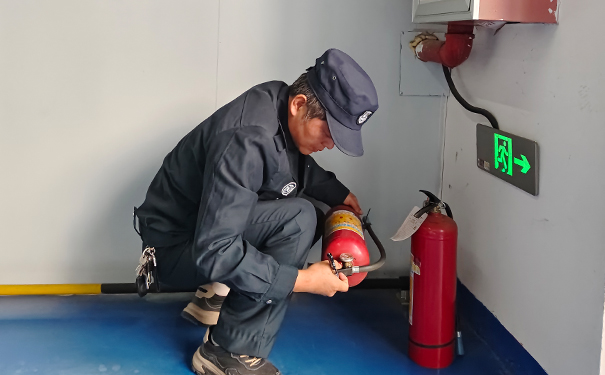
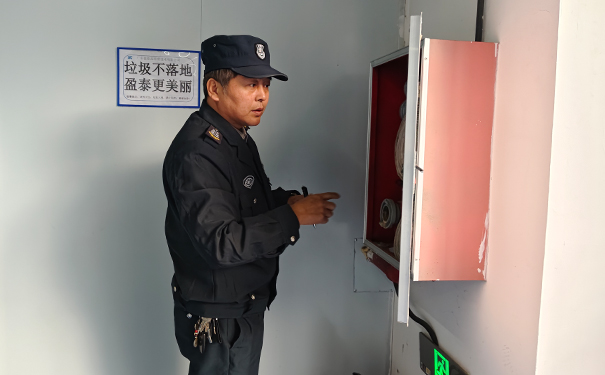
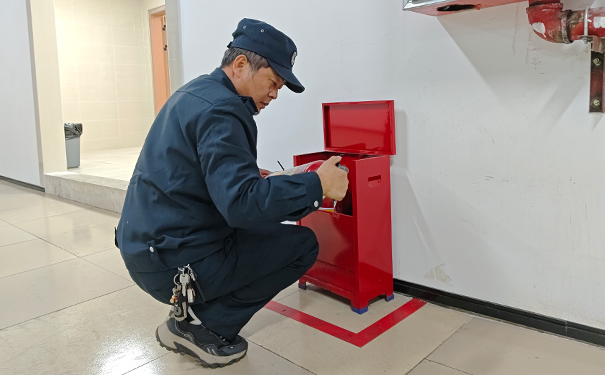
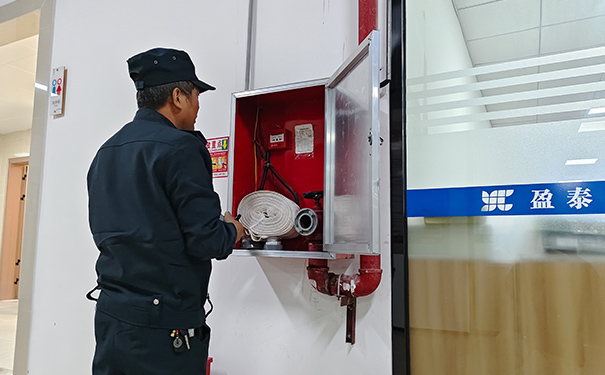
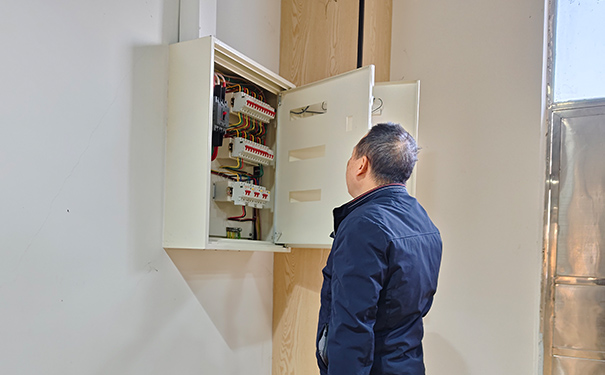
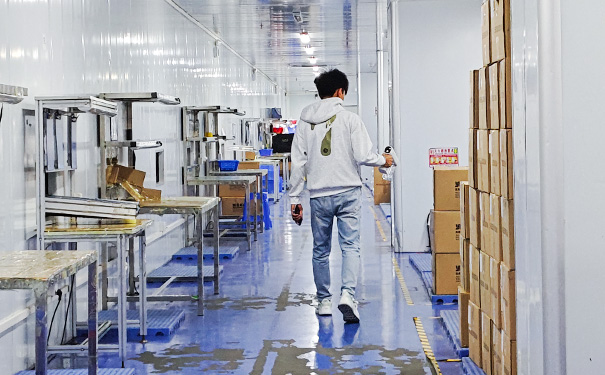
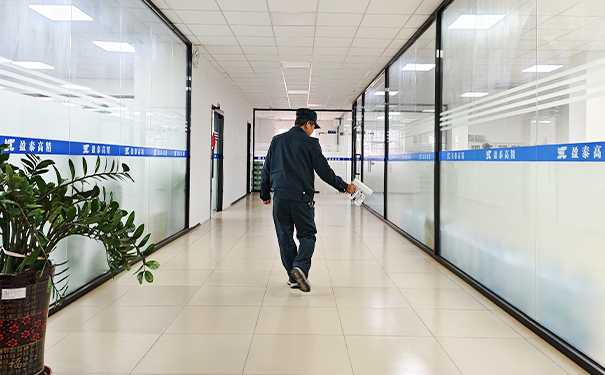
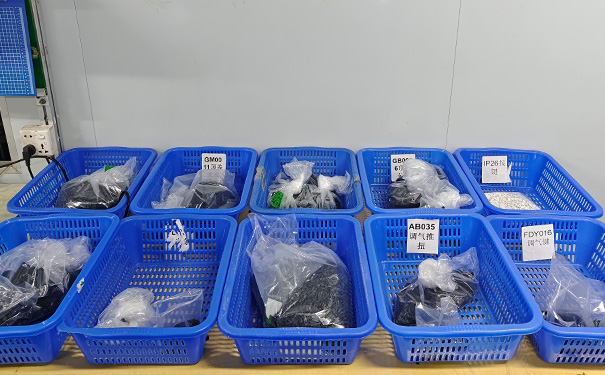
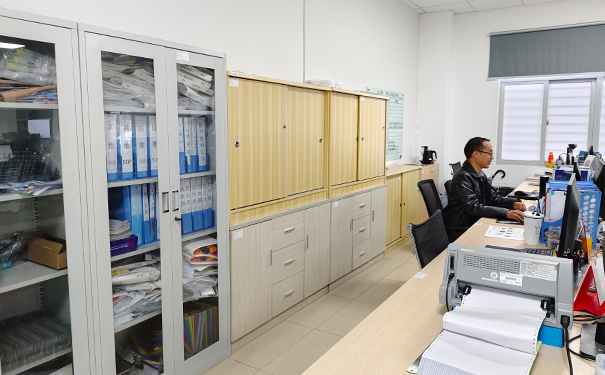
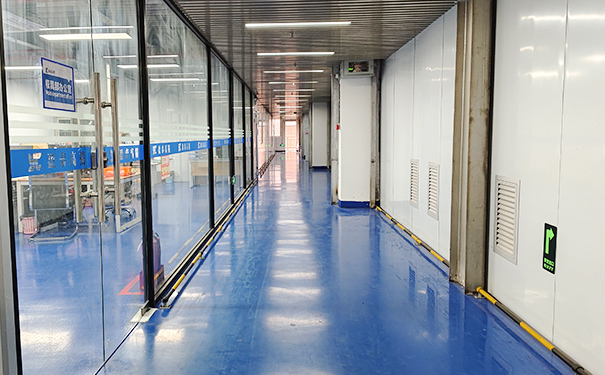
1. Safety is the cornerstone of the company's development. Strengthening the company's safety production and comprehensively eliminating various safety hazards are related to the life, property, and family happiness of every employee;
2. Electrical safety: Regularly inspect electrical equipment, do not privately pull or randomly connect wires, prevent leakage and short circuit accidents, and ensure electrical safety when people break the power supply.
3. Prevention of work-related injuries: Strictly follow the operating procedures, use protective equipment (safety helmets, anti smashing shoes, etc.) correctly, do not operate mechanical equipment in violation of regulations, eliminate fatigue work, and avoid work-related accidents.
4. Fire safety: Standardize hot work procedures (welding, open flames, high temperatures), store flammable and explosive materials properly, keep fire exits unobstructed, do not use fire in non-smoking areas, do not smoke in non-smoking areas, do not litter cigarette butts to prevent fires from occurring;
5. Fire safety: Familiar with the location and usage of fire-fighting equipment, familiar with fire-fighting floor plans and escape routes, master fire escape techniques, do not block evacuation routes, and do not damage fire-fighting facilities at will;
6. Chemical management: When using and storing chemicals, strictly follow relevant regulations, take protective measures to prevent chemical leakage and volatilization from causing harm to human health and the environment, strictly prohibit placing too many flammable and explosive materials on the production site, and keep an appropriate amount of inventory in the warehouse;
7. Equipment maintenance: Regularly maintain production equipment to ensure normal operation, report faults in a timely manner, do not use "defective" equipment for operation, and maintenance personnel must carefully inspect and confirm that there are no safety hazards before operation (more than one person is required to accompany the operation);
8. Safety of high-altitude operations: When carrying out high-altitude operations, safety belts must be fastened, sturdy scaffolding must be erected or suitable lifting equipment must be used, and a dedicated person must be arranged for supervision;
9. Travel safety and dormitory safety: Take good care of personal belongings during travel, pay attention to surrounding traffic and pedestrian movements; Flammable and explosive materials are prohibited from being stored in the dormitory, fireworks and firecrackers are strictly prohibited from being set off or stored, controlled knives or other prohibited items prohibited by the country are strictly prohibited from being carried, fighting, drinking and causing trouble are strictly prohibited, poor quality plugs and sockets are prohibited from being randomly connected, liquefied gas and open flames are prohibited from being used, water and power sources must be turned off, and doors and windows must be locked;
10. Safety training and emergency drills: Actively participate in various safety training and emergency drills organized by the company, improve one's own safety awareness and emergency response capabilities, and achieve the "four understandings and four skills"
Four understandings: 1. Understand the fire hazards of this position; 2. Understand the measures to prevent fires; 3. Understand fire extinguishing methods 4. Understand evacuation methods.
Four meetings: 1. Will report to the police; 2. Able to use fire-fighting equipment; 3. Able to extinguish initial fires; 4. Organize personnel evacuation and escape.
Let's work together, starting from ourselves, starting from small things, strengthen safety awareness, identify safety hazards, adhere to the bottom line of safety production, and jointly create a safe, stable, and harmonious working environment to safeguard the sustainable development of the company!

